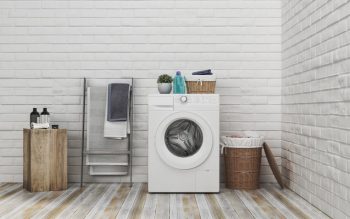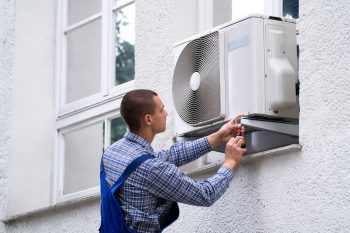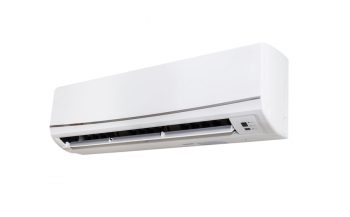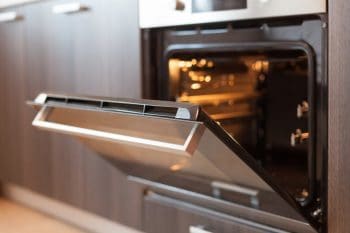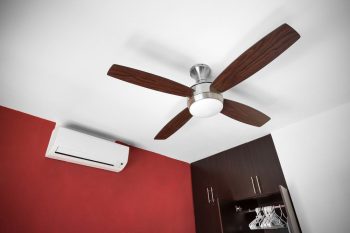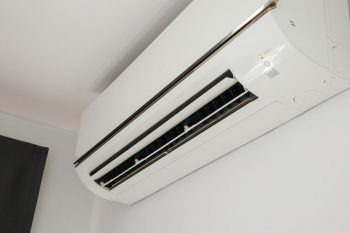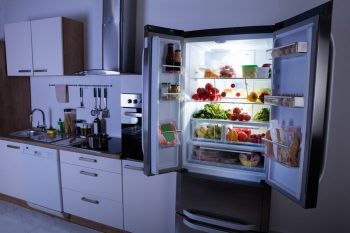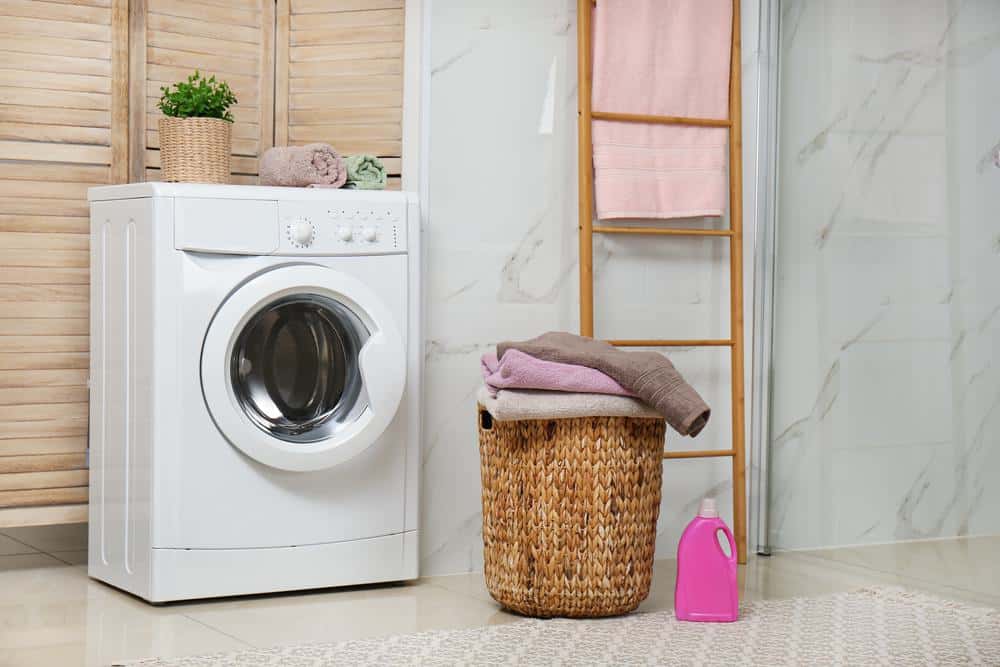
High-efficiency washing machines, or HE washers, have been steadily gaining popularity due to their eco-friendly design and cost-effectiveness. But what exactly is a high-efficiency washing machine, and how does it differ from traditional models?
A high-efficiency washing machine is a type of washer that uses less water and energy compared to traditional models, making it more eco-friendly and cost-effective. They typically have larger capacities, use a different cleaning mechanism, and require a specially formulated high-efficiency detergent. While they may be more expensive upfront, they can result in significant savings on utility bills in the long run.
Understanding High-Efficiency Washing Machines
High-efficiency washing machines are designed to use less water and energy compared to traditional washing machines. This makes them more environmentally friendly and cost-effective, with some models using up to 80% less water and delivering 65% energy savings compared to traditional top-loading washers.
HE washers are also typically larger than traditional models, allowing them to accommodate larger loads of laundry. This means fewer washloads to process, which in turn leads to less water, detergent, and energy consumption.
Key Features of High-Efficiency Washers
One of the ways high-efficiency washers differ from traditional washers is their cleaning mechanism. Traditional washing machines use a central agitator to clean clothes. In contrast, HE washers use a rotating mechanism called an impeller or a gentle tumbling action. This design is more gentle on clothes, preventing stretching and pulling that can affect the fabric’s shape and color.
Another significant difference is the type of detergent used. High-efficiency washers require specially formulated high-efficiency detergent. This detergent is low-sudsing and quick-dispersing, designed to work with the lower water levels of HE washers. Using regular detergent in an HE washer can produce too many suds, which can interfere with the machine’s cleaning power and potentially cause malfunctions or damage.
Cost and Savings of HE Washers
While high-efficiency washers are generally more expensive upfront than traditional washers, they can save money in the long run. This is due to their lower water and energy consumption, which can significantly reduce utility bills. On average, an Energy Star-certified washing machine could save about $35 per year on utility bills compared to a standard model.
Cleaning and Maintenance
High-efficiency washers require more care and maintenance than traditional washers. This is mainly due to the fact that HE washers use less water, which can lead to soap and wash load residue accumulating within the machine. Regular cleaning is necessary to prevent this buildup and the potential for mildew growth.
Drawbacks of High-Efficiency Washers
Despite their many benefits, high-efficiency washers do have a few potential drawbacks. These include longer wash cycles due to their low water usage and a higher risk of unbalanced loads due to their high-speed spinning. They also require the use of high-efficiency detergent, which may be slightly more expensive than regular detergent.
Recommended Models
Several high-efficiency washing machine models come highly recommended by experts. These include the LG WM4000H, the Samsung 4.5-Cubic-Foot Front-Load Washing Machine, and the Electrolux Stackable Front Load Washer. Each of these models provides excellent energy and water efficiency, along with a host of convenient features.
In conclusion, high-efficiency washing machines offer a more environmentally friendly and cost-effective solution for your laundry needs. While they may require a higher initial investment and more care and maintenance, the long-term savings and benefits can make them a worthwhile choice.
Frequently Asked Questions
Can I use regular detergent in a high-efficiency washer?
No, high-efficiency washers require specially formulated high-efficiency detergent. Using regular detergent can produce too many suds, which can interfere with the machine’s cleaning power and potentially cause malfunctions or damage.
Are high-efficiency washers only available as front-load machines?
No, high-efficiency washers are available as both front-load and top-load machines. The key difference is that HE washers, regardless of design, use less water and energy compared to traditional models.
How often do I need to clean my high-efficiency washer?
It’s recommended to clean your high-efficiency washer once a month to prevent buildup of soap and wash load residue which can lead to potential for mildew growth.
What are some of the top brands that manufacture high-efficiency washers?
Some of the top brands that manufacture high-efficiency washers include LG, Samsung, and Electrolux.
Do high-efficiency washers take longer to wash clothes?
Yes, high-efficiency washers usually have longer wash cycles due to their low water usage. However, they are typically larger and can accommodate larger loads of laundry, which can offset the longer wash times.
Can I use a high-efficiency washer if I have a small laundry room?
Yes, high-efficiency washers come in a variety of sizes and many are designed to be stackable, making them a good option for smaller laundry rooms.
Does using a high-efficiency washer mean my clothes will be less clean?
No, despite using less water, high-efficiency washers are designed to clean clothes effectively. They use a rotating mechanism or a gentle tumbling action that is more gentle on clothes, but still highly effective for cleaning.

